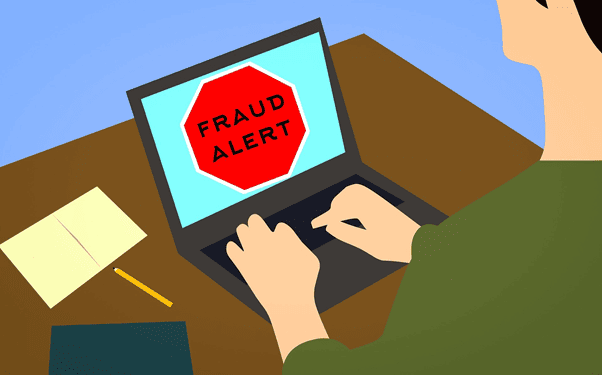According to the Center for Counter Fraud Studies, the UK loses an estimated £193 billion each year. That’s an average loss of £3,900 per adult in the UK and a whopping £6,000 per second. This report draws on more than 20 years of research, reviewing losses in various industries and organizations. In fact, it’s one of the resources used by the UKFCMC to prepare the Annual Fraud Indicator.

The private sector hit hard
Fraudsters have been targeting the private sector at all levels. Both SMEs and large enterprises lose an estimated £144 Billion every year, with procurement being the most significant fraud source. Essentially, procurement fraud is the intentional submission of inflated invoices by a supplier or contractor.
For example, a rogue employee can promise a bid’s success in exchange for 10% of the contract value. Payments can come in the form of goods or services such as expensive gifts and sexual favours. The warning signs of fraud include deliveries with a compromised security seal and unexplained wealth in procurement staff.
How to prevent procurement fraud
Monitor prices: The first place to look when suspecting foul play is pricing. If the invoices show higher rates than previous contracts or industry standards, you might be looking at potential procurement fraud. That usually ends in a procurement manager defending a supplier who does not meet company standards. For example, they might be using low-quality seals instead of going for premium products from companies such as Acme Seals.

Define a centralized procurement process: Having several managers sign off on big purchases leaves less room for fraud. Of course, that might cause some delayed payments, but it is usually worth a shot. Employees have to work together to steal from the company, and it’s easy to spot it if they do.
Verify Invoices: It is wise to implement a three-way matching system to verify every invoice before payment. This concept refers to comparing the invoice, purchase order and the receiving report. That weeds out any inflated or false invoices, saving you a lot of money in the process.
Examine long-term suppliers: All businesses should review their suppliers at some point. However, pay more attention to long-term suppliers. Check if the quality level meets the company’s requirements. Also, it is a good idea to keep tabs on the relationships between your procurement staff and suppliers.
